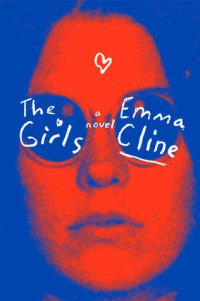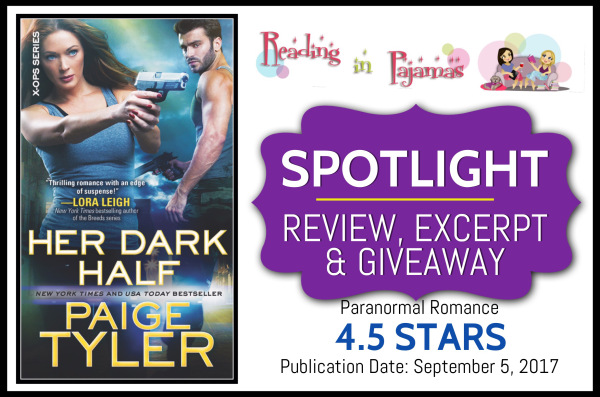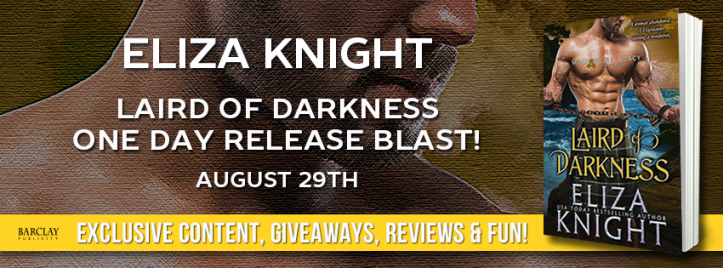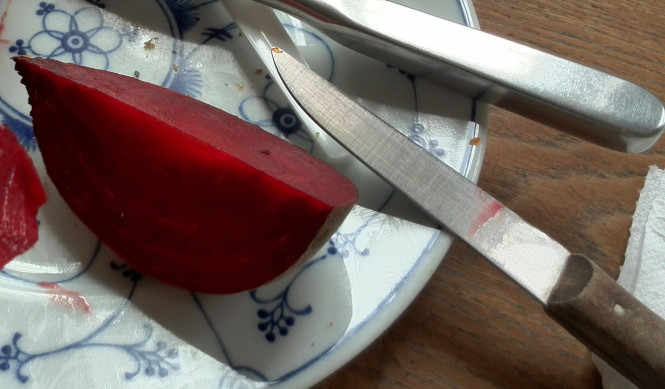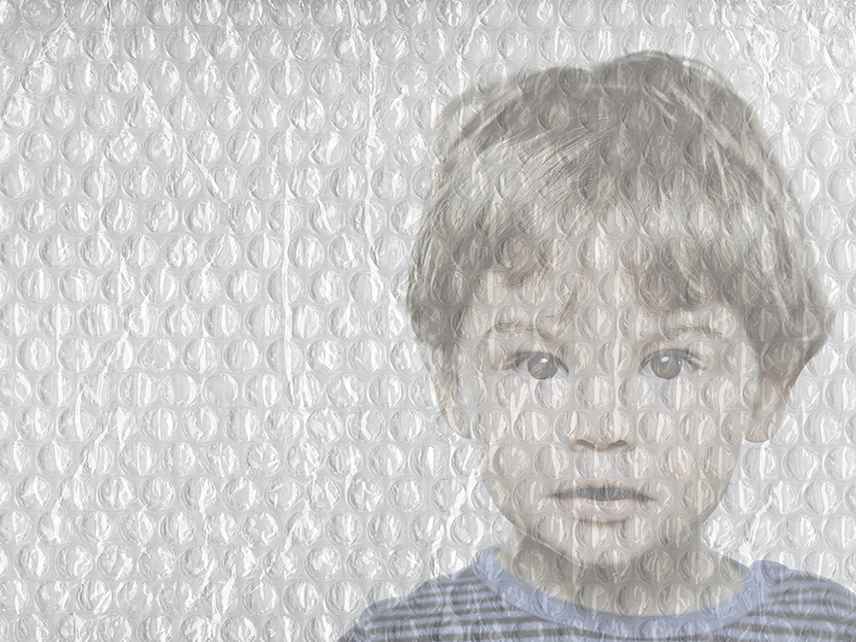“I bear no arms. May God help me if I ever have to use my art. Conscience is our guide. Peace is our shelter.”
– The Kung-Fu creed taught by Bruce Leroy in The Last Dragon
“I think there are plenty of good people in America, but there are also plenty of bad people in America and the bad ones are the ones who seem to have all the power and be in these positions to block things that you and I need. Because this is the situation, you and I have to preserve the right to do what is necessary to bring an end to that situation, and it doesn’t mean that I advocate violence, but at the same time I am not against using violence in self-defense. I don’t even call it violence when it’s self-defense, I call it intelligence.”
-Malcolm X
I came to awareness in the world in 1980s, a time rich in pop-culture but largely devoid of meaningful heroes. It was the time of Reagan, the “The Great Communicator”, who could spin a great yarn as Central American despots supported by his regime were applying electrodes to the genitals of political dissidents. The president spoke for law and order and popular action films starring Stallone and Schwarzenegger reflected the simplistic idea that criminal scum were best dealt with harshly and mercilessly. Largely absent from the public eye were the struggles for justice and equality that raged in previous decades, in part because many of the charismatic faces of those causes – Martin Luther King, Jr., Robert Kennedy, and Malcolm X had been killed for standing up.
So I had Optimus Prime and Mr. Miyagi instead.
I cringe at writing that last sentence, but it is, after all, a very 80s thing to say. It was a time when society seemed tired from the turmoil of the 60s and 70s and begged, instead to be entertained. Yet, if there is a single unfiying theme in my writing at Synaptic Space, it’s that our realities, our myths, and the fictionalized tales we tell overlap in important ways. For a child who reveled in stories of giant robots and sword-wielding heroes, of heroic ninjas, and super-powered mutants, the ideals that guided those characters mattered.
Optimus Prime, leader of the righteous Autobots was powerful and wise and sought to defend an alien world against ruthless enemies because he believed in intergalactic peace and harmony. Mr. Miyagi taught young Daniel Laruso how to block and how to punch (and of course how to deliver an iconic crane kick) but more importantly, he taught him to be restrained in the use of his art. In the underappreciated film quoted above, The Last Dragon, Bruce Leroy is master of Kung Fu and committed not just to the martial skills involved, but also to the harmonious philosophy that underlies it. Like Caine, from the pioneering television series Kung Fu, his preferred response to an aggressor was, “I do not wish to fight you”.
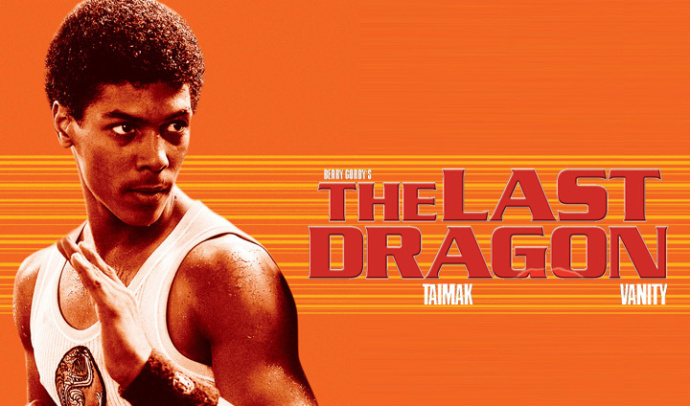
Childhood idols eventually faded from my purview as I began to look to real life ones for guidance. I gravitated towards Gandhi, King, Thoreau, Thich Nhat Hahn, and Dorothy Day; the true life peace activists that embodied the restraint, compassion, and wisdom of my fictional childhood heroes. When I discovered punk rock in my early teens I embraced the vegetarianism, political radicalism, and pacifist anarchism that were prevalent in the scene. Though I wouldn’t have credited Miyagi at the time, I can now recognize the role cartoon and comic book heroes played in laying the ethical groundwork that formed my worldview.
I was at a punk rock show when the pacifist in me was reminded starkly, that for all of their compassion, Optimus Prime carried a very large laser gun and Miyagi possessed fighting skills that allowed him physically take down a mob of assailants. No doubt, had he been so-inclined, he could have killed each and every one of them with his bare hands. The guiding philosophy of each detests the use of violence. Yet Prime’s gun and the fact that Miyagi spent countless hours training in hand-to-hand combat underscore the regrettable truth that there are times when wisdom alone cannot protect us.
By the mid-1990s, the punk rock scene, particularly in deep blue New England had largely done away with the neo-nazi gangs that had infested its shows and hangout spots during the 80s. Yet, individual “boneheads” (as we referred to Nazi skinheads) still made appearances here and there. I hardly noticed a small group of them enter an Avail show at Club Babyhead in Providence, sometime in the mid-90s. I was enjoying the punk/ska sounds of opening band Citizen Fish (whose lead singer, Dick Lucas had greatly influenced my “peace punk” outlook with his earlier band, The Subhumans). It was hard to ignore them when one guy started flailing around violently, throwing fists haphazardly at the otherwise peaceful crowd. When a dreadlocked guy wearing glasses standing nearby tried put a hand on the Nazi’s shoulder and ask him to calm down, he was greeted with a fist to his face.

Citizen Fish, 2005, at ABC No Rio in New York
I didn’t really give a lot of thought to what I was doing when that same fist came swinging around and decked several faces standing next to me. Without considering the wisdom of my actions, I stepped up and kicked the Nazi as hard as I could in the ribs. He stumbled and turned around just as the situation clarified itself in my head. I am no fighter, and I hadn’t thrown a punch or a kick since I was a kid (and almost always in some losing battle that saw me getting my ass kicked). I was hardly prepared to follow up. I’d love to tell you about the defiant posture I took, but really I stood frozen in place ready for the beat down I was assuredly about to receive.
When the bonehead fixed his eyes one me, a large number of people stepped forward and stood by my side, taking that defiant posture on my behalf. The Nazi’s eyes scanned the crowd and waved us off with disdain and I didn’t see him or his friends again for the rest of what turned out to be a great show. There has been a lot of talk lately about the ethics of punching Nazis after an Antifa activist cold cocked white supremacist Richard Spencer during Donald Trump’s inauguration in January. For my part, I took no pleasure and I don’t revel in pride for what I did. Nonetheless, I can’t say I regret it either. I would have rather seen the violent Nazi calmed down at the request of the dreadlocked guy and I sincerely hope that the intervening years have given him a more tolerant outlook on life. Had the Nazi continued hitting people, things could have become much uglier. Violence, in this instance, diffused the tension and made everyone safer.

White nationalist, Richard Spencer moments before being punched.
I continue to believe that peace is the best way. I still hope that we err on the side of disciplined non-violence when opposing injustice and hate. I don’t think that my cut and dry experience at a small punk rock show is easily transferable to the workings of a large complex society. We certainly can’t kick our way out of systemic injustice and ingrained racism. I am heartened by the large gathering of peaceful protesters who stood against racism and fascism in Boston this past weekend. I love the work of Life After Hate an organization of former white supremacists that seeks to convert people away from hate through compassion and education. I am a firm believer that the liberal principle of fierce and spirited debate and reasoned discourse is the preferable way to combat ignorance. I’m also a practitioner of Buddhist meditation and do my best to implement the ideas of loving-kindness into all of my actions.
Yet fascism and white supremacy are ideologies that seek to work outside of the liberal order and tend to view compassion as a weakness. They seek, in fact, to upend it and the protections it affords to all citizens and replace the guiding ethics of civil society with a pseudo-Darwinian survival of the fittest model. I think we would all do well to recognize that there are forces in the world that, in the words of philosopher Hannah Arendt, have “elevated cruelty to a major virtue” and seek not to argue or convince, but to destroy those they view as their enemies. I hope we will all heed the message of those silly cartoons and kung-fu movies and learn to turn away from violence whenever possible. Yet, we must also recognize that although we do not wish to fight with our fists, there are times, when it is the least bad option.
Advertisements Share this: